Microbes
-
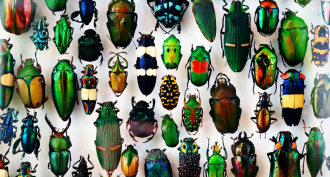 Animals
AnimalsScientists Say: Species
This word describes organisms grouped by their similarities in genetics and physical traits. But defining species can be tricky.
-
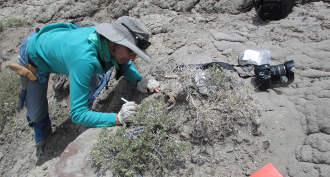 Animals
AnimalsCool Jobs: Poop investigators
Far from just being waste, poop is loaded with clues to the health, biology and behavior of whatever body produced it.
By Ilima Loomis -
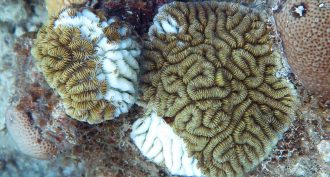 Animals
AnimalsMystery disease is killing Caribbean corals
Scientists are racing to pin down a new coral disease that’s “annihilating” whole species from Caribbean reefs.
-
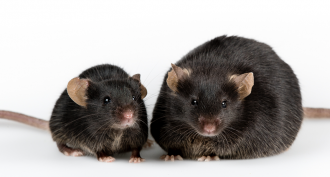 Microbes
MicrobesObesity in mice caused by defects in their immune system
Subtle defects in T cell function alter rodents’ microbiome and fat absorption, providing hints of what might also be going on in people.
-
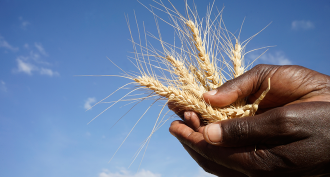 Agriculture
AgricultureAs infections ravage food crops, scientists fight back
Diseases threaten important food crops like cocoa beans, wheat and citrus. Scientists are working to understand these infections — and fight back.
-
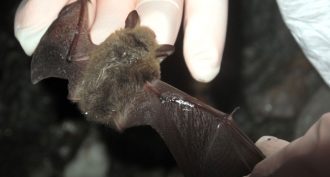 Animals
AnimalsNew treatment offers hope for bats battling white nose syndrome
A fungal disease that has wiped out millions of North American bats has a new challenger: antifungal bacteria. Infected bats treated with the germs had a good chance of surviving.
-
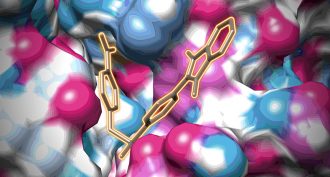 Microbes
MicrobesA surface crater in viruses may be key to keeping colds from spreading
A newly discovered pit on the surface of one family of viruses could help scientists fight the common cold and other infections.
-
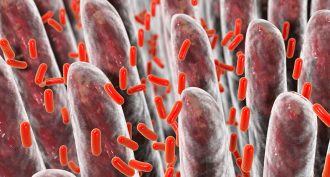 Microbes
MicrobesGut bacteria may affect how well your medicines work
Gut bacteria can chemically change the drugs people swallow. ID-ing a patient’s microbes might one day help doctors prescribe the most effective drugs.
-
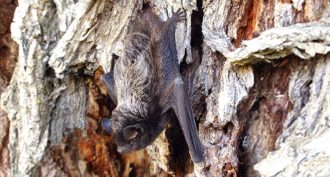 Health & Medicine
Health & MedicineBats are now the primary source of U.S. rabies deaths
Although human rabies is not common in the United States, it still occurs. But here dogs are no longer the likely source of this oft-lethal infection: Bats are.
-
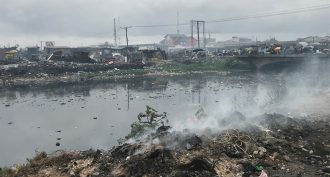 Earth
EarthAntibiotics pollute many of the world’s rivers
A survey of 165 rivers finds unsafe levels of antibiotics at one in six sites tested. Such pollution can leave germs resistant (unharmed) by the drugs.
-
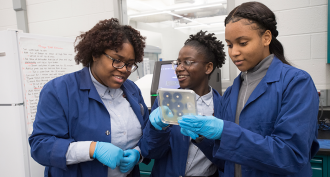 Microbes
MicrobesTeens swipe a door handle and find an antibiotic
Three teens swabbed a smartphone, a door handle and a hand dryer. The new bacterium they turned up can kill other types of germs.
-
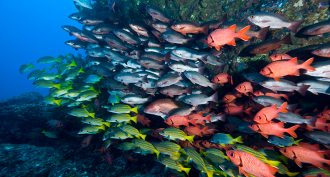 Microbes
MicrobesSlimy fish could aid the search for new drugs
Fish slime could teach scientists about bacteria that live on fish and aid in the hunt for new kinds of antibiotics.